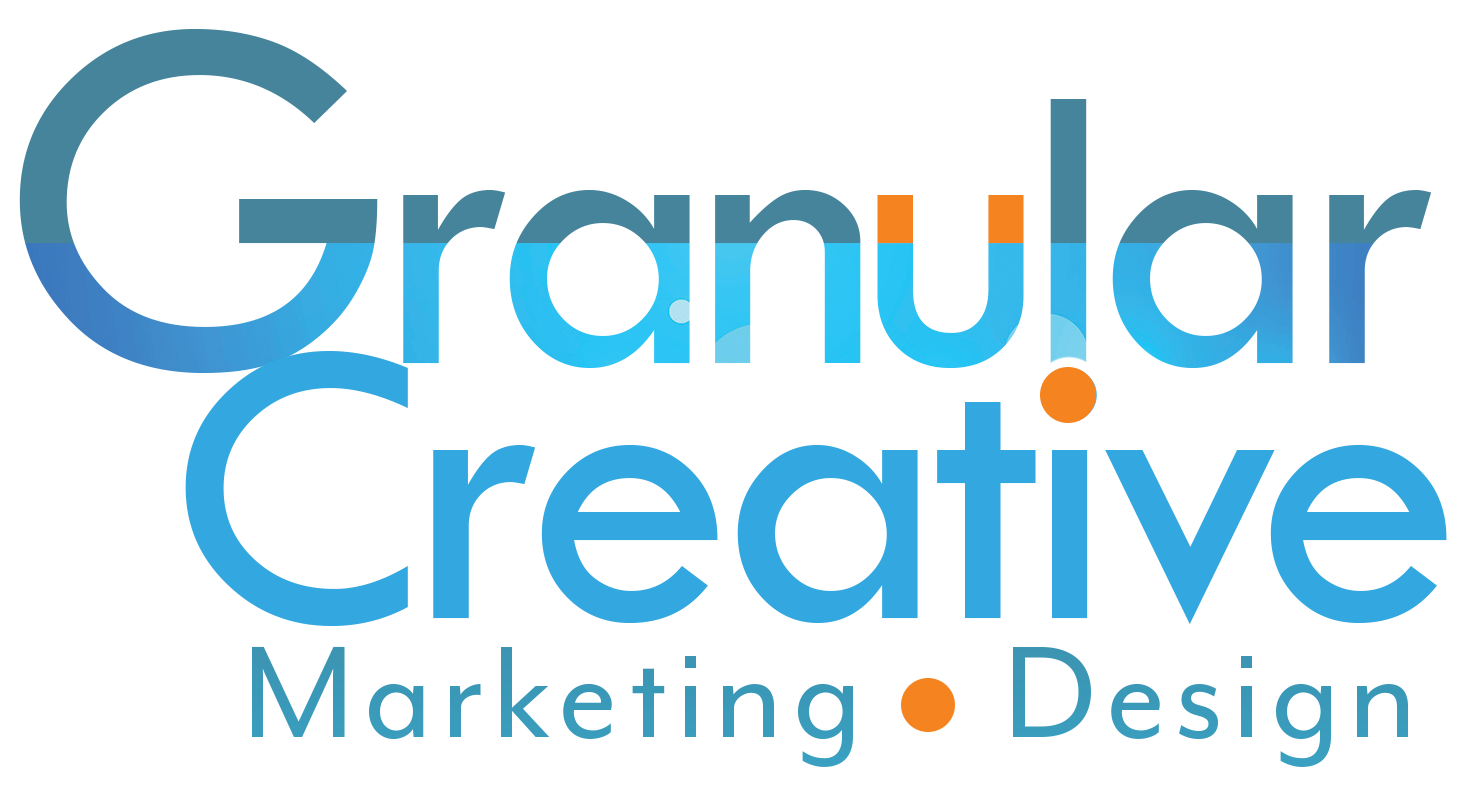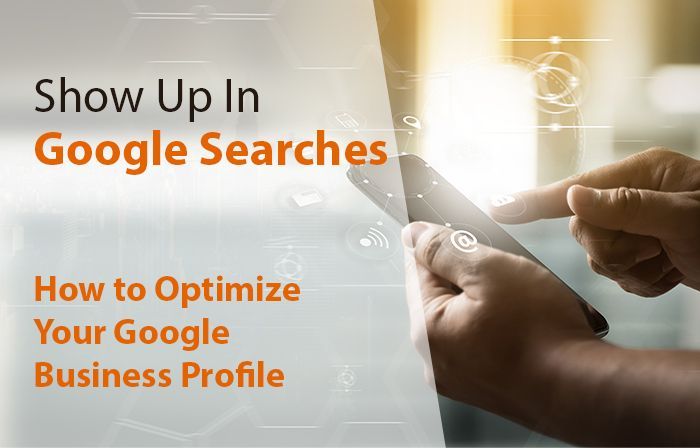The digital landscape has shifted dramatically over the past year. While you're focused on building beautiful homes and managing client expectations, the way potential customers find your business online has fundamentally changed. Search engines now deliver AI-powered answers directly to users, often without them ever clicking through to websites like yours. For home builders competing in local markets, this transformation presents both challenges and opportunities that you can't afford to ignore.
Understanding these changes doesn't require a computer science degree. What matters is recognizing that your website's SEO strategy needs an update to stay competitive and maintain the credibility that drives your business forward.
The New Search Reality: Beyond Google's Blue Links
Search has fractured into multiple online marketing channels. Your potential clients no longer rely solely on traditional Google searches. They're asking AI assistants questions like "best home builders near me" or "how much does a custom home cost," and receiving instant answers that may or may not include your business.
Recent data shows AI-referral traffic has increased by 527% between January and May 2025. In industries similar to home building, including real estate and construction, AI-driven site visits now represent over 1% of total sessions. While this might seem small, it's growing rapidly and represents qualified leads actively seeking your services.
This shift means your website traffic patterns are changing. You might notice fewer direct clicks from search engines, but this doesn't necessarily mean your SEO efforts are failing. Instead, it often indicates that AI systems are using your content to answer questions without sending users to your site initially.
1. Assistive Optimization: Your New SEO Foundation
Traditional SEO focused on ranking high in Google search results. Today's approach requires what experts call "assistive optimization," ensuring your content serves search engines, knowledge graphs, and AI language models simultaneously.
For home builders, this means creating content that AI systems can easily understand and cite. When someone asks an AI assistant about local building codes, construction timelines, or design trends, you want your expertise to be the source of that answer.
Practical steps you can take:
Start with your existing content. Review your project galleries, blog posts, and service descriptions. Are they written in clear, conversational language that directly answers common client questions? AI systems favor content that's structured like a helpful conversation rather than marketing copy.
Create FAQ sections that address real client concerns. Instead of generic questions, focus on specific issues your clients face: "How long does a custom home build take in [your city]?" or "What permits are required for home additions in [your area]?" These targeted answers help AI systems understand your expertise.
Structure your content with clear headings and subheadings. AI systems parse information more effectively when it's well-organized. Use bullet points for lists, include specific details about your services, and make sure your contact information is prominently displayed and consistently formatted across all pages.
2. AI Visibility Over Click-Through Rates
The traditional SEO metric of measuring success through website clicks is becoming less reliable. Your content might be performing excellently, educating potential clients and establishing your authority without generating the click-through rates you've historically tracked.
This doesn't mean SEO is dead. It means the value of SEO has evolved. When AI systems consistently cite your business as a trusted source for home building information, you're building brand recognition and authority that translates into business growth, even if the attribution is harder to track.
Think of it like word-of-mouth referrals. You might not know exactly which conversation led to a new client calling you, but you understand that your reputation in the community generates business. AI visibility works similarly to your expertise spreads through AI-powered conversations you'll never directly see.
Measuring what matters now:
Focus on brand mention tracking across AI platforms. Monitor whether your business name appears in AI-generated answers about home building topics in your area. Tools exist to track these mentions, though the measurement landscape is still developing.
Pay attention to the quality and specificity of organic search queries leading to your site. If you're seeing more detailed, long-tail searches that indicate serious buying intent, your AI visibility efforts are likely working.
3. Collaboration Beyond Your Website
Your SEO success now depends on more than just optimizing your own website. AI systems pull information from across the web to formulate answers. This means your presence on industry directories, review platforms, local business listings, and even social media contributes to your overall search visibility.
For home builders, this collaborative approach is particularly important because potential clients research extensively before making contact. They're looking for evidence of your credibility across multiple platforms before they trust you with their largest investment.
Building comprehensive visibility:
Ensure your business information is consistent across all online platforms. Your name, address, phone number, and service descriptions should match exactly on Google Business, Yelp, Angi, Better Business Bureau, and any industry-specific directories.
Encourage satisfied clients to leave detailed reviews that mention specific aspects of your work. AI systems value specific, descriptive content over generic positive feedback. A review that mentions your attention to detail during the permitting process is more valuable for AI visibility than a simple "great job" review.
Participate in local community discussions and industry forums where appropriate. When you share expertise about local building codes, design trends, or construction challenges, you're creating content that AI systems may reference when answering related questions.
4. Evolution for SEO Professionals and Business Owners
The rapid changes in search require a shift from reactive to proactive SEO strategies. Instead of waiting to see how algorithm changes affect your rankings, you need to anticipate how AI systems will interpret and use your content.
This evolution doesn't require you to become a technical expert, but it does mean adopting new approaches to content creation and website management. The businesses that thrive will be those that view AI as a tool for reaching more potential clients, not as a threat to their marketing efforts.
Adopting AI-native thinking:
Consider how AI might interpret your content when creating new pages or blog posts. Write as if you're explaining your services to an intelligent assistant that will then relay that information to potential clients. This approach naturally creates more helpful, conversational content.
Use structured data markup to help AI systems understand your business details. This technical step, which your web developer can implement, provides clear signals about your services, location, and credentials.
Stay informed about AI developments without getting overwhelmed by technical details. Focus on understanding how these changes affect client behavior and adjust your approach accordingly.
5. Teaching AI About Your Expertise
The most successful approach to modern SEO involves viewing AI systems as students you're teaching about your industry and local market. The clearer and more authoritative your content, the more likely AI systems are to recognize and cite your expertise.
For home builders, this means creating content that demonstrates deep knowledge of your craft, local regulations, and client needs. AI systems favor sources that consistently provide accurate, detailed information over time.
Establishing AI-friendly authority:
Document your projects with detailed case studies that explain challenges, solutions, and outcomes. This type of content helps AI systems understand the scope and quality of your work.
Create location-specific content that demonstrates your understanding of local building conditions, regulations, and market preferences. AI systems value local expertise and are more likely to recommend businesses that show deep community knowledge.
Maintain consistent publication of helpful content. Regular blog posts about construction trends, seasonal building considerations, or maintenance tips establish you as an ongoing source of reliable information.
6. Adapting Your SEO Strategy for Long-term Success
The transformation of search isn't a temporary trend, it's a fundamental shift in how information flows online. Home builders who adapt their SEO strategies now will have significant competitive advantages as these changes accelerate.
Success in this new environment requires balancing traditional SEO fundamentals with AI-focused optimization. You still need a well-designed website with fast loading times and mobile compatibility. But you also need content that serves both human visitors and AI systems effectively.
The businesses that will thrive are those that view SEO as an investment in comprehensive online credibility rather than just a tactic for generating website traffic. When AI systems consistently recognize you as the go-to expert for home building in your area, that authority translates into business growth across all channels.
Your next steps should focus on auditing your current content for AI-friendliness, ensuring consistent business information across all platforms, and creating helpful resources that demonstrate your expertise. These foundational changes will position your business for success as search continues to evolve.
Remember, the goal isn't to game AI system, it's to make your genuine expertise more discoverable and useful to potential clients, regardless of how they search for your services.
Have Questions or Need Help?
If you are feeling overwhelmed by all these steps, need a help upgrading your website's content for AI, or just have questions, feel free to reach out to us at
alexandra@granularcreateive.com, visit our website at
www.GCMD.Agency, or call us at
207-464-0016





